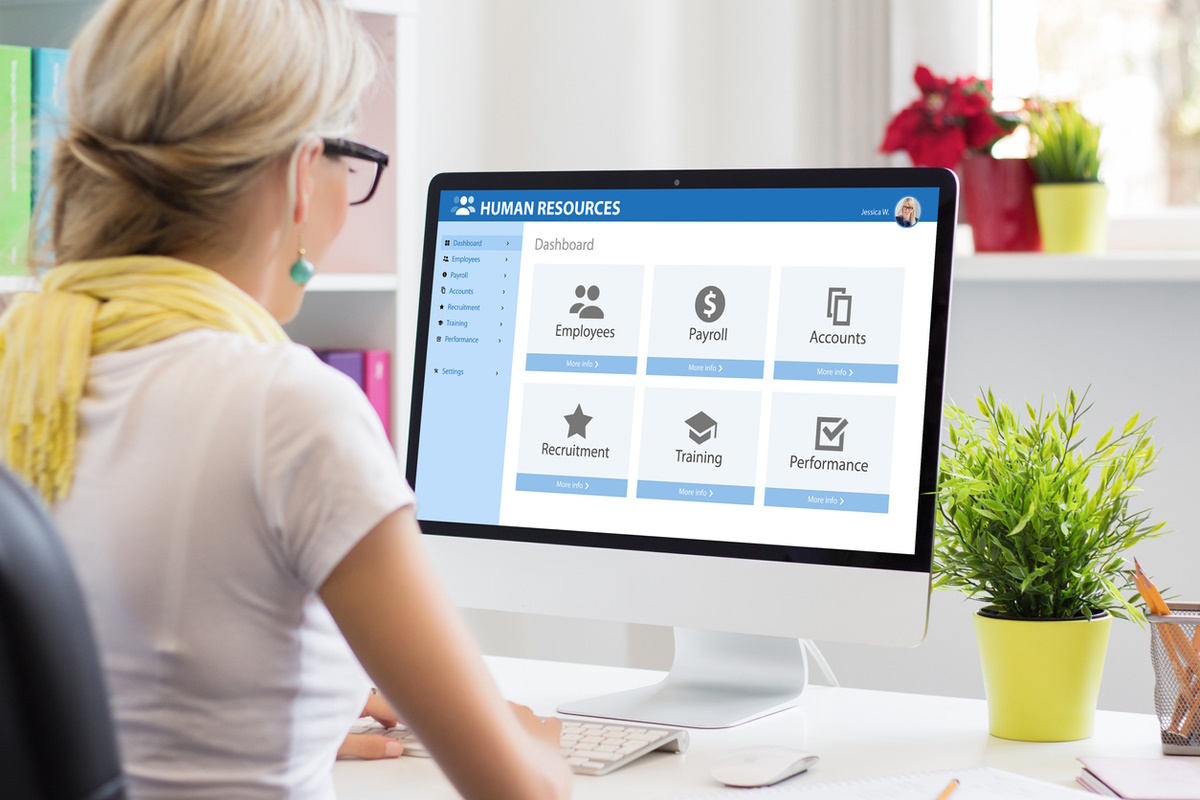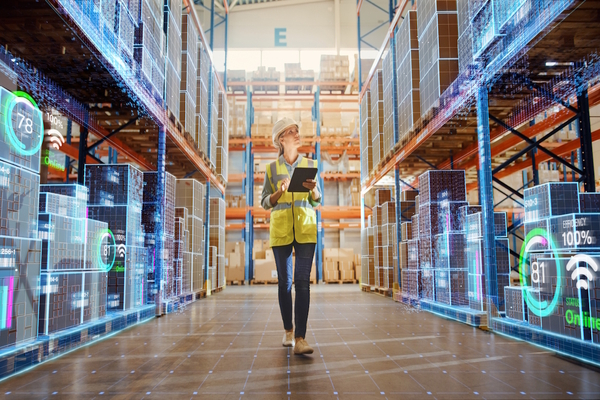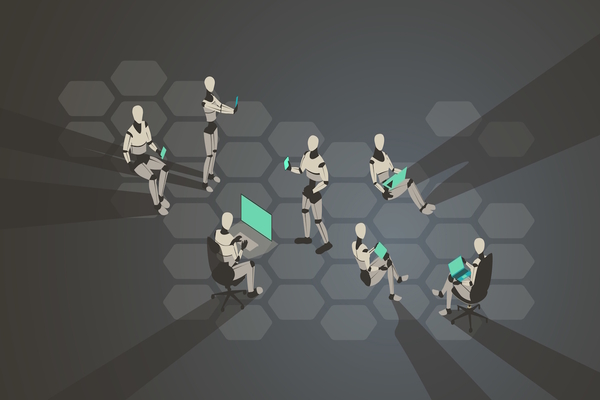Managing the HR needs of a dispersed workforce

Sandra Moran at WorkForce Software explains how HR teams can meet the demands of the modern, diverse and dispersed workforce, without burning out
HR teams sit at the heart of an organisation, helping to maintain positive employee experiences and enhance organisational culture. However, it’s becoming difficult for HR departments to deliver on these core values for an increasingly dispersed workforce, as the digital divide between desked and deskless workers grows.
Despite the technological advancements we’ve seen since the rise of remote working, many organisations are still riddled with manual processes and legacy HR platforms when it comes to their frontline and deskless workforce.
Failure to meet the unique and changing needs of the modern and dispersed workforce prevents HR teams from providing positive experiences for all employees. Modern workforce management technology provides a simple solution.
With this in mind, let’s explore three ways HR departments can use technology to deliver more direct, personal, and positive employee experiences for all their staff, no matter their contract type or working location.
Freeing up time to focus on value-on activities
When talking to anyone in a HR role, you will find that more than half of their days are spent dealing with administrative tasks and employee information requests.
Despite questions like ‘how much is my overtime pay?’ and ‘how can I log a sick day?’ being valid HR-related queries, there is no denying that answering them can be tedious and often time-consuming - distracting people teams from more value-adding activities where their individual expertise is truly needed.
Modern HR technology can reduce the number of these administrative tasks that HR professionals handle daily, freeing up their time to implement impactful changes to engage employees. This technology can help employees self-serve their information needs or even answer many information requests from employees in real-time via consumer-grade apps on their mobile devices.
This not only gives HR teams more time to focus on complex employee needs and to partner with business leaders to meet larger organisational priorities, but often gives staff a better experience too – getting their queries answered quicker and through a platform that is more accessible and intuitive to them, so they can get on with their day.
These workforce management solutions place most daily workplace functions directly into the hands of workers (literally) through handheld devices. Swapping shifts, requesting time off, or viewing schedules are currently unnecessarily cumbersome, especially for frontline workers who don’t have access to a work laptop or even a corporate email address, and often take too long because HR is tasked as the “middleman” to handle this data or employee request.
Tech to protect
Aside from streamlining administrative tasks, modern workforce management platforms can also go a long way in helping HR staff to monitor employee mental health and well-being.
For example, fatigue management systems can monitor hours worked, tasks performed, breaks taken, and time off scheduled to flag employees that may be at risk of burnout. This can then automatically send real-time notifications to HR teams, to help them stay informed about potential employee wellness issues in a more efficient way (creating time for them to help the employee, rather than wasting hours sieving through data just to find out who needs their support).
This is especially valuable for those managing frontline shift workers, who may pick up extra shifts to support financial pressures some months.
HR teams cannot support all employees, or help meet business objectives, if their internal communications stop at the office doors. While 45% of employees prefer to use a single mobile app for workplace communications, only 14% reported having access to an integrated mobile solution.
By implementing digital HR solutions, deskless workers in particular can easily and securely contact their teams via personal devices. Helping them to stay connected to wider areas of the business, without HR teams being unnecessarily overwhelmed by creating and managing additional communications channels.
Two-way communication ensures that not only are teams connected with one another, but also that workers are heard, which is especially important for frontline workers who often have far less facetime with their managers or those office-based decision-makers.
To avoid an ‘us and them’ culture, HR teams should use technology to provide employee pulse checks or instant mobile surveys straight to employee’s phones, and in-turn send real-time notifications to managers about potential employee satisfaction or even operational issues. After all, the best way to find out how things could be improved, is to ask the people who are having to do it every day.
Focus on the frontline
When making technology investments, it is vital that HR leaders bear in mind the staff on the frontline. Despite facing some of the most significant challenges within the general workforce (e.g. wage pressure, lack of schedule flexibility, compliance needs) and making up nearly 80% of the global workforce, frontline and deskless workers are still largely ignored when it comes to technology investment.
HR departments can’t spend their time protecting the organisation’s greatest assets – employees – if they can’t keep up with their ever-changing needs. Fortunately, digital technologies can help to plug the gaps in HR team’s knowledge and are available to use today.
By providing HR teams with smart and streamlined technology, businesses are enabling them to deliver greater HR services to the modern, diverse and dispersed workforce.
Sandra Moran is Chief Marketing & Customer Experience Officer at WorkForce Software
Main image courtesy of iStockPhoto.com

Business Reporter Team
Related Articles
Most Viewed
Winston House, 3rd Floor, Units 306-309, 2-4 Dollis Park, London, N3 1HF
23-29 Hendon Lane, London, N3 1RT
020 8349 4363
© 2025, Lyonsdown Limited. Business Reporter® is a registered trademark of Lyonsdown Ltd. VAT registration number: 830519543





